For Russia’s end-of-World War II parade this weekend, the Chinese regime has sent as representatives a towering, hundred man-strong honor guard, and the descendants of purged Communist Party veterans—a lavish gesture for a party that barely fought in the war it is now commemorating.
United States President Barack Obama, German Chancellor Angela Merkel, and many European leaders will not attend Russia’s Victory Day celebrations on May 9 owing to the Kremlin’s recent annexation of Crimea and backing of eastern Ukraine separatists.
But Chinese leader Xi Jinping will be in audience for the 70th anniversary military parade, and clearly wants China to make a statement.
With an average height of six foot, the 102 Chinese honor guard stand tallest in the parade, which features 52 Russian contingents and 9 from other countries, according to Vancouver-based Chinese news site Creaders.net. The honor guard even gave a rousing rendition of the Russian wartime ballad “Katyusha” during a parade rehearsal in Russia—the clip of the singing has been viewed more than 16.5 million times on Chinese video-sharing website Youku.

According to overseas Chinese news outlet Duowei News citing Russian media, four Chinese citizens will also carry portraits of their ancestors or relatives and join the proceedings in Moscow’s Red Square—Liu Aiqin, daughter of former president Liu Shaoqi; Liu Li, granddaughter of general Zhu De; Li Duoli, son of former Heilongjiang governor Li Fanwu, and Liu Xia, the first Russian broadcaster in state-owned broadcaster China Radio International. Li Min, Mao Zedong’s daughter, was scheduled to march, but withdrew owing to an illness.
The Chinese regime’s enthusiastic participation in Russia’s Victory Parade comes as its military ties with Moscow are growing; China and Russia held joint naval exercises recently, and China is buying Russian missiles.
Party state mouthpiece Xinhua said that China and Russia are using the occasion because they are “determined to uphold world peace, stability and development, and to treasure their friendship.”
In a meeting with Russian president Vladimir Putin on May 8, Xi JInping said that the celebrations “are aimed at remembering history and paying tribute to martyrs,” according to Xinhua.
There’s only one problem with all this: China did fight against the Japanese, but the Chinese Communist Party barely contributed.
Patriots?
Although the Party formed a military alliance with the Kuomintang (KMT), or Nationalist Party, from 1937 until the war’s end, the KMT fought the Japanese virtually by themselves. The Party only sent token forces of a thousand-odd men in joint engagements, and participated in a very tiny fraction (0.5 percent) of skirmishes, according to The Diplomat.
The Party even admitted their bit role in the fighting. Former premier Zhou Enlai wrote to Josef Stalin in a 1940 secret report that the CCP would support “the key position of the Kuomintang in leading the organs of power and the army throughout the country.” Zhou also noted that as of August 1939, only 3 percent of the over a million Chinese who died in combat were CCP forces.
Mao Zedong, the Chinese regime’s first paramount leader, was particularly opposed to fighting the Japanese—he disapproved of the Hundred Regiments Offensive, a major Party military campaign organized by generals Peng Dehuai and Zhu De in 1940. Mao later used the campaign as one of the reasons for purging Peng during the Cultural Revolution.
“Allowing Japan to occupy more territory is the only way to love your country,” Mao told Party general Lin Biao. “Otherwise, it would have become a country that loved [KMT leader] Chiang Kai-shek.”
Ironic Portraits
The Party’s choice of those whose portraits were displayed is also a little ironic.
General Zhu De, who is represented by his granddaughter, was mostly a figurehead who did not have a large role in the war.
Liu Shaoqi, once Mao’s hand picked successor, had his family torn apart during the Cultural Revolution. Liu’s daughter Liu Aiqin, who received an honorary medal from Russia to commemorate the 70th anniversary of the end of the Soviet Union’s “Great Patriotic War,” recounted calmly to Chinese media the death of her father in detention, her elder brother’s suicide on a railway track, the jailing of her younger brother, who nearly became insane from torture, and how her second husband left her at the most difficult time of her life, according to Duowei News.
During the Cultural Revolution, former Heilongjiang provincial governor Li Fanwu was denounced as a “capitalist roader” and hazed because his haircut was too similar to Mao’s. Li was later purged and criticized over two thousand times.
Liu Xia was so little known that Hong Kong-based newspaper Apple Daily mistook her for the wife of Chinese literary critic Liu Xiaobo.
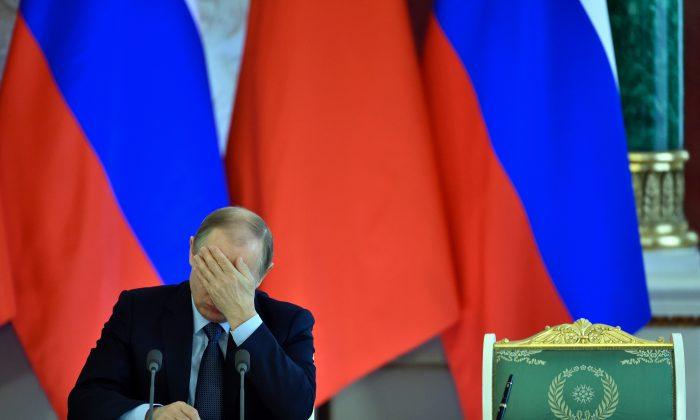
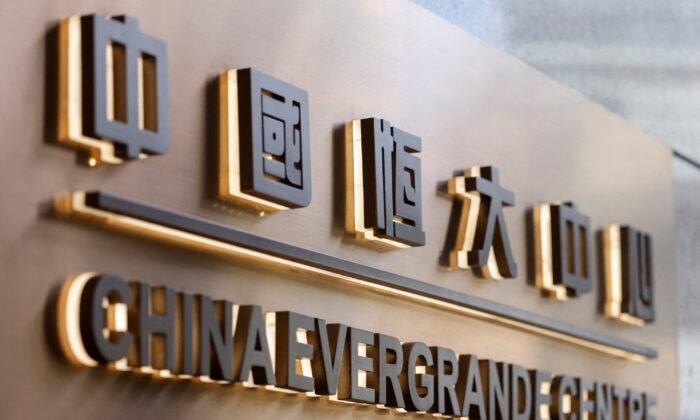
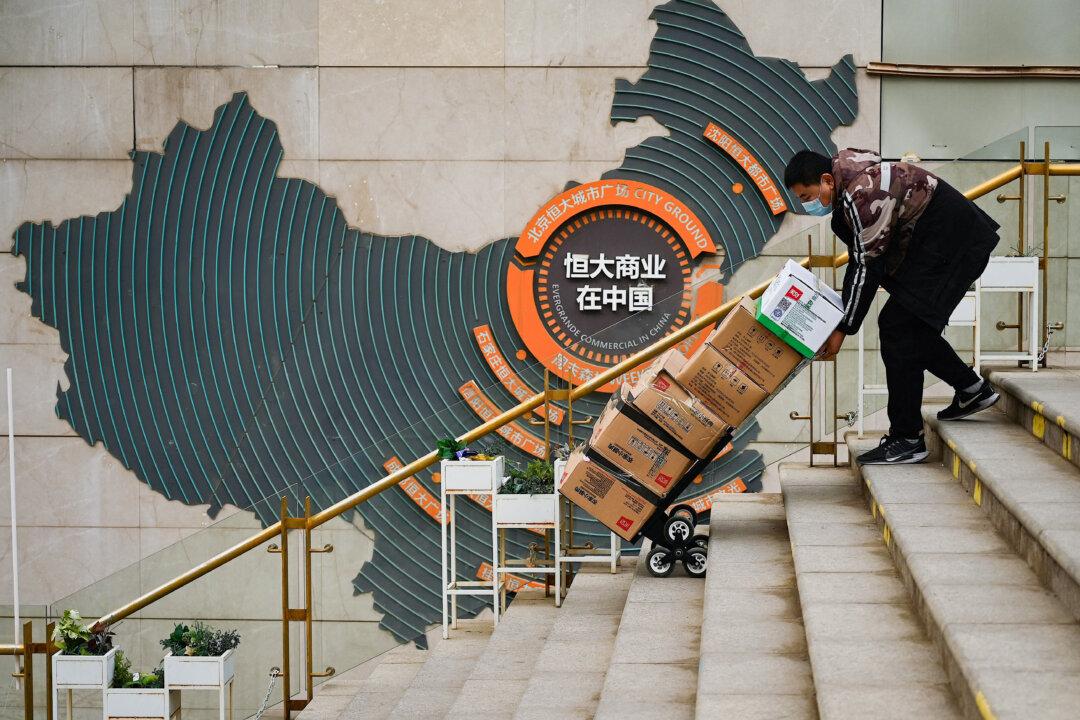
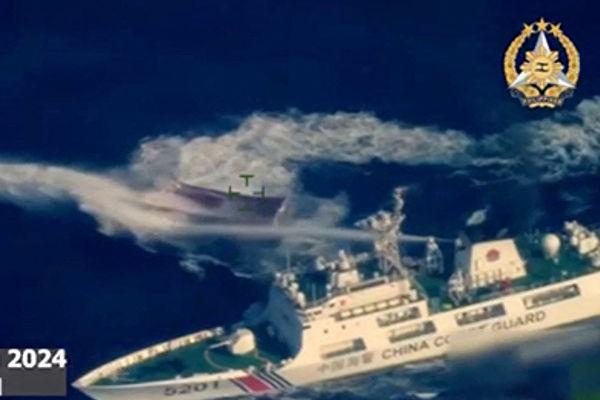
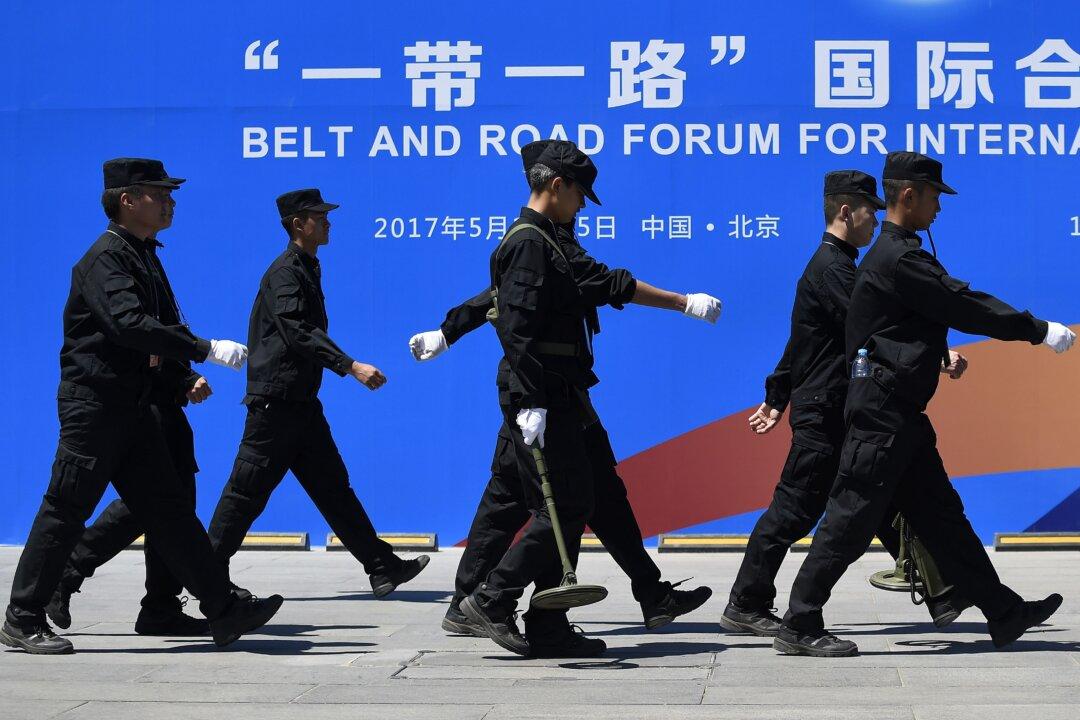
Friends Read Free